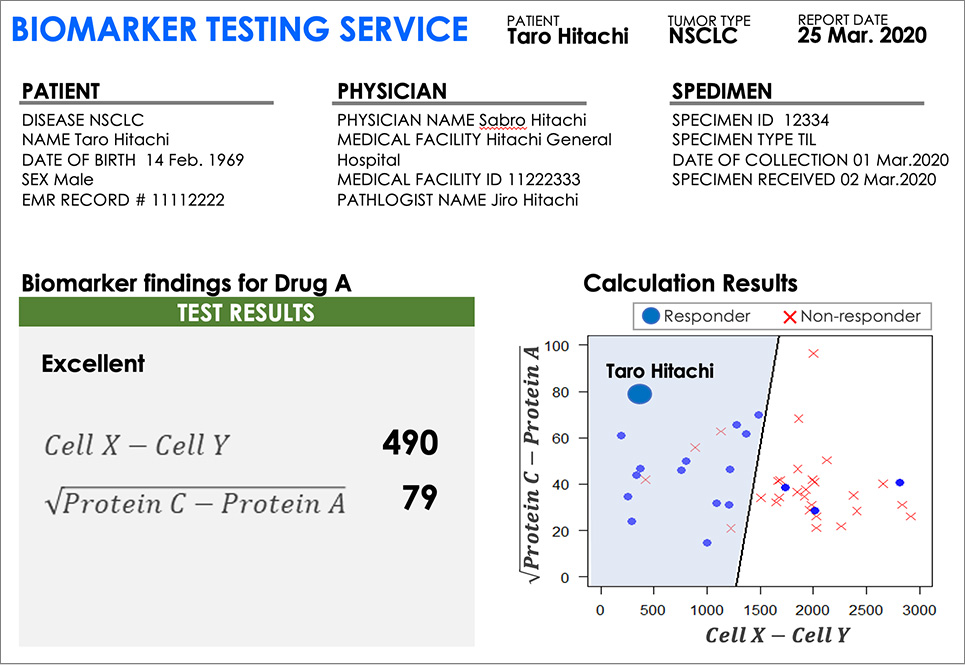
Text by Reiko Imamura
In 2018, the Nobel Prize in Physiology or Medicine went to Dr. Tasuku Honjo, distinguished professor of the Kyoto University Institute for Advanced Study, and Dr. James P. Allison, whose cancer immunotherapy has attracted much attention since. The therapy in question treats cancer by using immune cells already in the body. The immune system detects and eliminates foreign substances like viruses and bacteria that have entered the body from outside. However, cancer is caused by the accumulation of genetic mutations and therefore evades the immune system’s detection by skillfully mutating its genes and keeps growing in the body. Cancer even abuses the mechanism of immune cells, suppressing the immune response and preventing the immune cells from attacking the mutations. Prof. Honjo and Dr. Allison devised a way to eradicate tumors by blocking this inhibitory mechanism and thereby activating immune cells. Drugs known as immune checkpoint inhibitors block the immunosuppressive mechanism, allowing the immune cells to attack tumors more easily.
It was in such a milieu that the National Cancer Center Japan identified a biomarker capable of predicting, with high accuracy, those patients who would and would not respond to immune checkpoint inhibitors, by using a biomarker search technology developed by Hitachi. A biomarker is a numerical indicator that allows physicians to make diagnoses from data, such as those derived from blood or genetic tests. Biomarkers serve as diagnostic material when physicians consider administering anticancer drugs to patients. Numerically, the strong expression of a specific protein may indicate a patient will respond to a drug or will be unlikely to experience side effects.
Anticancer drugs, especially immunotherapeutic agents, are expensive and often associated with adverse effects, and their administration can be a financial and physical burden on patients. This is no different for immune checkpoint inhibitors. It is known that the drug works for about 20 to 30 percent of patients. In order to make a drug that works for three out of 10 patients with 100 percent effectiveness, physicians should administer it to only the three patients on whom it will work. Having biomarkers to tell which patients the drug will work for is major progress for cancer immunotherapy.
Hitachi’s biomarker search service is a solution that uses digital technology to try to outperform the diagnostic accuracy enabled by conventional means. An AI learns an enormous amount of past diagnostic data, searches for biomarkers from test results, and recommends a diagnosis. Worthy of note here is the AI’s justification for its rationale. Physicians would not be satisfied without a biological rationale, and wouldn’t be able to explain to their patients either.
How does the AI justify its results? It calculates past cases using trillions of formulas and sorts them according to whether the patient responded to treatment. It then extracts several formulas that effectively show the division of cases with responsive and unresponsive patients. For example, when the AI presents a formula that distinguishes the cell count that promoted immunity from that which suppressed immunity, physicians have a biological justification for the conclusion that the anticancer drug works because, when administered, it activates immunity near the cancer cells. This enables physicians to present the diagnosis with confidence.
At Hitachi, researchers with medical knowledge have been collaborating with physicians and pharmaceutical companies to overcome challenges, while also tying together medicine and digital technology where appropriate. The strong suit of Hitachi’s healthcare is our lengthy experience.
The aforementioned success of the biomarker search service reported by the National Cancer Center is the result of limited cancer patient data, and the tech will soon undergo clinical trials. If the data confirms its efficacy, the tech will likely be approved by regulatory bodies and adopted nationwide within a few years. It will be possible to improve the technology and expand the scope of application to other anticancer treatments. Such applications may go beyond anticancer treatments and also extend to the raging COVID-19 pandemic, for example, to search for biomarkers that indicate which patients are likely to experience severe symptoms. Hitachi believes there is a great potential for its application.